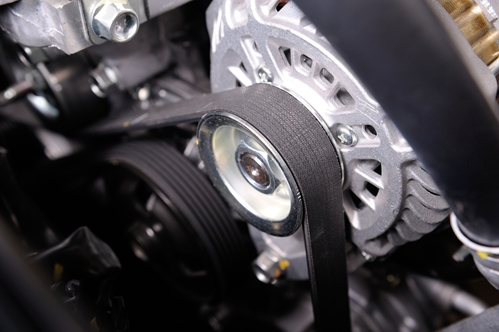Auburn Hills, Mich. – Feb. 20, 2018 – The Volkswagen Group of America has recalled more than 3,500 vehicles potentially equipped with defective tire labels, according to documentation submitted to the National Highway Transportation Safety Administration. The campaign affects 2014-2015 Audi S7 sedans produced between July 25, 2013, and Jan. 17, 2015, along with 2016-2018 Audi RS7 sport sedans produced between Feb. 16, 2015, and Oct. 20, 2017. Volkswagen estimates all of the vehicles named in the recall possess the defective labels.
The Defect
Affected models feature tire placards that list an incorrect maximum load weight of 1146 pounds instead of the correct figure, 992 pounds. These fixtures make the recalled vehicles noncompliant under Federal Motor Vehicle Safety Standard 110, which states vehicles must have placards “with the vehicle capacity weight and seating designations as finally manufactured.” While relatively minor, the defect does create some risk as owners could accidentally overload their vehicles based on the incorrect information, thereby affecting maneuverability and increasing the likelihood of an accident. However, Volkswagen has not received field reports connecting the defect to any accidents or injuries.
Timeline of Events
Volkswagen engineers conducted conformity of production tests in October 2017 and found that multiple recently manufactured vehicles were equipped with tires affixed with placards displaying incorrect vehicle weight information. Production staff immediately amended existing assembly processes to prevent recurrences.
In November 2017, the Audi Product Safety Committee reviewed information related to the conformity test results and initiated an investigation that concluded in January 2018. Following the inquiry, which revealed the the defective placards violated FMVSS 110, the APSC requested for a voluntary safety recall.
The Solution
Volkswagen intends to direct dealers to replace the tire labels on the recalled vehicles free of charge, according to an NHTSA recall acknowledgment document. The German automaker will notify both dealers and owners April 8, 2018. Owners in need of more immediate assistance can contact Audi customer service personnel at (800) 253-2834 using the internal recall identification code 44N9. They can also reach out to the NHTSA directly using its Vehicle Safety Hotline at (888) 327-4236.


